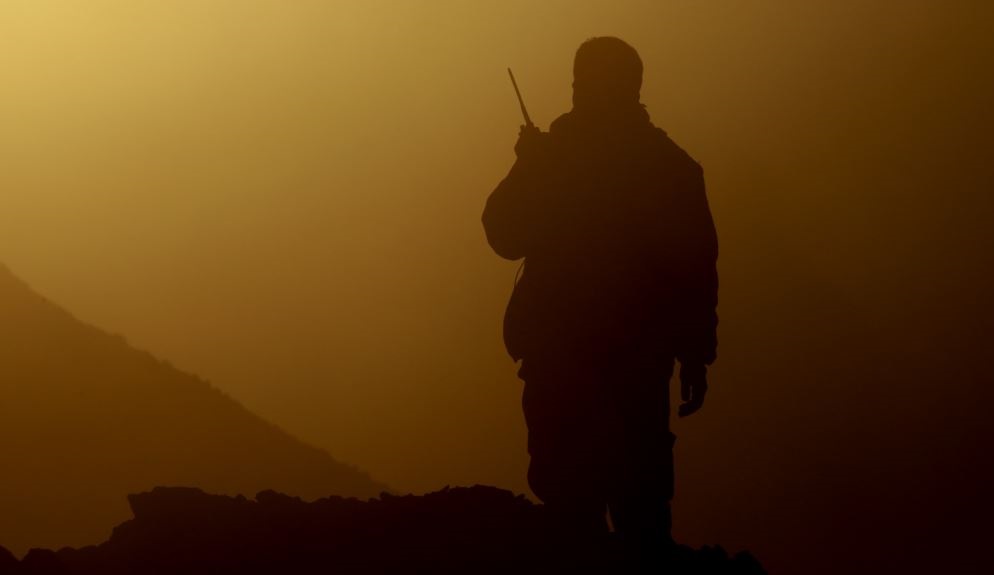The US military assured Turkey on Thursday of its “transparency” dealing with Kurds after it supplied fighters with US weapons in their battle against the ISIS terrorist group.
Ankara had expressed its concern over the move, which it had described as “extremely dangerous.”
“We are being transparent with Turkey on the details on what we are providing,” said Baghdad-based Pentagon spokesman Colonel Ryan Dillon.
“We are maintaining full accountability of the weapons we are providing the SDF,” he said, referring to the Syrian Democratic Forces, a Kurdish-Syrian Arab alliance now moving in on ISIS’s Syria stronghold of Raqqa.
The SDF includes fighters from the Kurdish Peoples’ Protection Units (YPG), which Turkey links to Kurdistan Workers’ Party (PKK) separatists it calls a terror group.
In May, US President Donald Trump approved arming the YPG to support the assault on Raqqa.
Turkey on Tuesday said arming the YPG was an “extremely dangerous” move and urged Washington to reverse its “mistake.”
The arms going to the SDF could include anti-armor weapons like rocket-propelled grenades or TOW missiles, in addition to vehicles, AK-47s and small-caliber machine guns.
Dillon said any arms provided will be recorded by serial number.
“We will maintain that in our database, and we will share that information with allies to the north that are concerned about the weapons we are providing,” he said.
The Trump administration’s decision to arm Syria’s Kurds has raised concerns among the various players in Syria’s complicated battlefield.
Coalition spokesman Col. John Dorrian said the weapons will not be reclaimed after the specific missions are completed but the US will “carefully monitor” where and how they are used.
“Every single one” of the weapons will be accounted for and the US will “assure they are pointed at” ISIS, he said.
But opposition fighters battling Syrian forces in the country’s six-year civil war — some of them backed by Turkey — say there is simply no guarantee the weapons won’t be directed against them or others.
As the US-led coalition ratchets up operations in Syria, there are concerns that it will result in a rerun of what happened in Iraq, where $1 billion in weapons supplied to local fighters is unaccounted for.
Weapons, training and airstrikes by the coalition have aided ground forces in both Iraq and Syria, allowing Iraq’s military, Iraqi Kurdish fighters and Syrian Kurdish fighters to retake some 55,000 square kilometers (21,235 square miles) of territory from the ISIS extremists in the nearly three-year fight.
However, many in both countries are concerned about how the forces bolstered by the coalition will leverage their influence and arms once the militants are vanquished. Numerous Iraqi groups that benefited from the training and arms have been accused of human rights violations.
US-backed Kurdish groups have often clashed with Turkey-backed groups in northern Syria, where many factions are jostling to hold various zones of influence.
The coalition already has demonstrated an inability to track weapons in Iraq, a much less complex and unstable battlefield than Syria.
